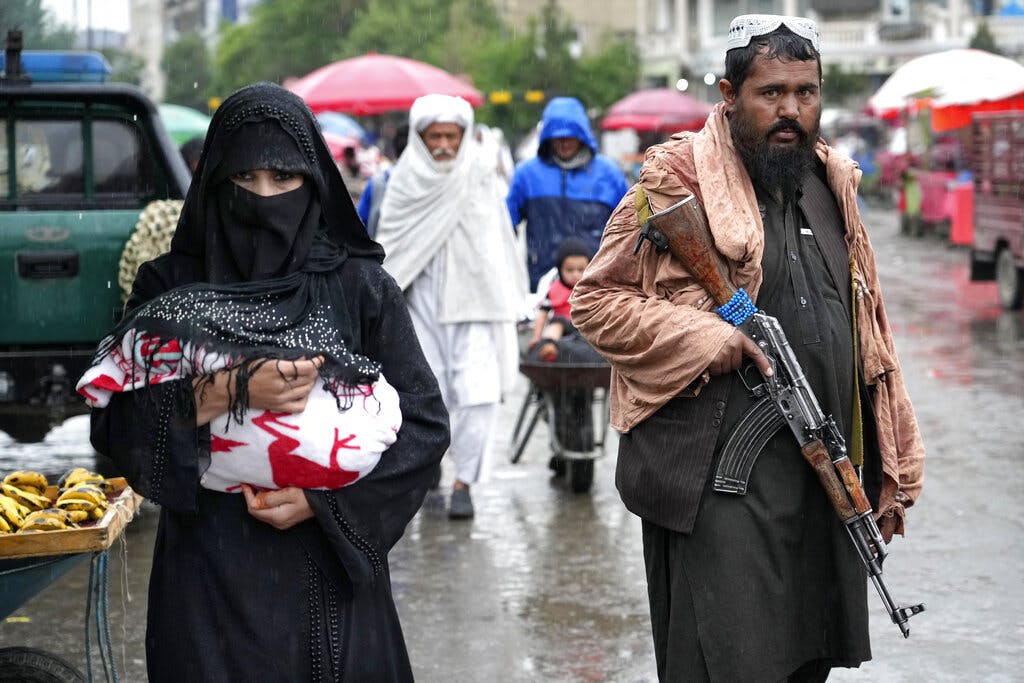
Moment of Truth Approaches for Trump’s Supreme Court Appeal of $5 Million ‘Sexual Abuse’ and ‘Defamation’ Verdict in E. Jean Carroll Case
By A.R. HOFFMAN
|The presence of the Islamic State, Al Qaeda, and ‘many other terrorist groups and fighters on Afghan soil’ is raising concerns in neighboring countries and the wider international community.

Already have a subscription? Sign in to continue reading
$0.01/day for 60 days
Cancel anytime
By continuing you agree to our Privacy Policy and Terms of Service.

By A.R. HOFFMAN
|
By THE NEW YORK SUN
|
By DANIEL EDWARD ROSEN
|
By JOTAM CONFINO
|
By JOTAM CONFINO
|
By GEORGE WILLIS
|
By LUKE FUNK
|
By BRADLEY CORTRIGHT
|